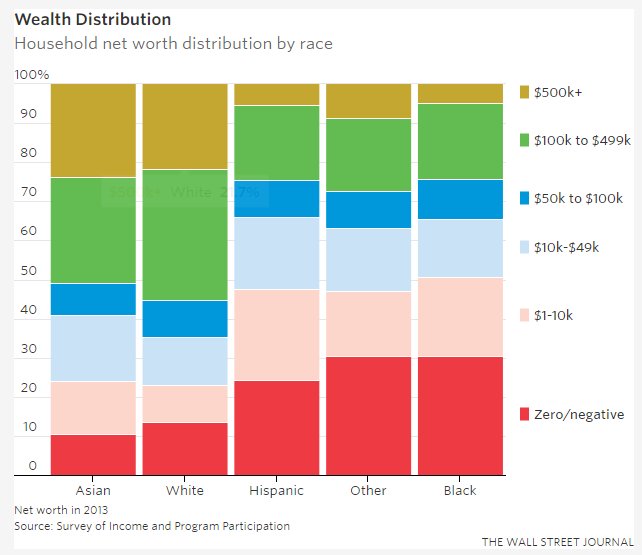The rhetoric of "We are the 99 percent" has in fact been dangerously self-serving, allowing people with healthy six-figure incomes to convince themselves that they are somehow in the same economic boat as ordinary Americans, and that it is just the so-called super rich who are to blame for inequality.
...
Things turn ugly, however, when the upper middle class starts to rig markets in its own favor, to the detriment of others. Take housing, perhaps the most significant example. Exclusionary zoning practices allow the upper middle class to live in enclaves. Gated communities, in effect, even if the gates are not visible. Since schools typically draw from their surrounding area, the physical separation of upper-middle-class neighborhoods is replicated in the classroom. Good schools make the area more desirable, further inflating the value of our houses. The federal tax system gives us a handout, through the mortgage-interest deduction, to help us purchase these pricey homes. For the upper middle classes, regardless of their professed political preferences, zoning, wealth, tax deductions and educational opportunity reinforce one another in a virtuous cycle.
It takes a brave politician to question the privileges enjoyed by the upper middle class. Recently, there have been failed attempts to make zoning laws more inclusive in supposedly liberal cities like Seattle and states like California and Massachusetts. The handout on mortgage interest appears to be an indestructible deduction (unlike in Britain, where the equivalent tax break was phased out under both Conservative and Labour governments by 2000).


